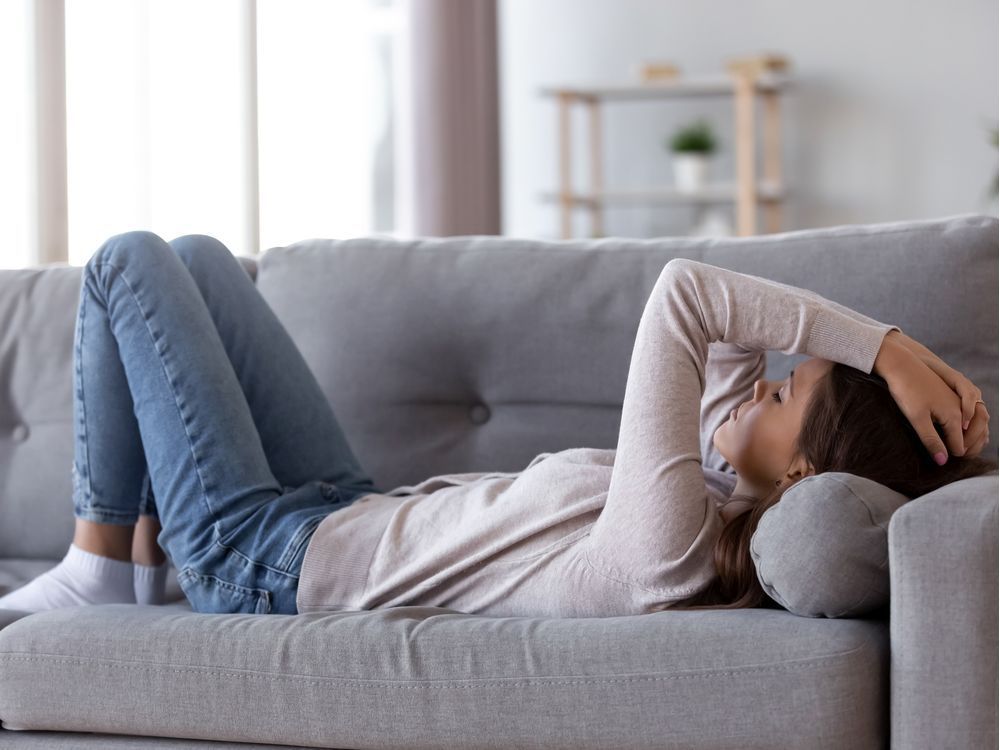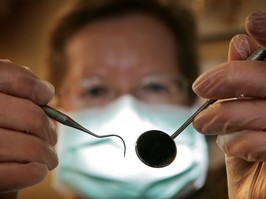older adults who are socially isolated are more likely to lose teeth, according to
new research from new york university. but being isolated doesn’t necessarily mean those people are lonelier.the research looks at data from china, where adults between the ages of 65 and 74 have fewer than 23 teeth — significantly lower than the typical 32 teeth that a normal adult would have. (adults who have gotten their wisdom teeth out typically have 28 teeth.) nearly five per cent of elderly people in china have lost all their teeth.
socially isolated people lose more teeth
over seven years, nyu scientists examined information from 4,268 people aged 65 and over. they found that more than a quarter of the study’s participants — 27.5 per cent — said they were socially isolated. those people were more likely to report losing teeth more quickly, and have fewer teeth in general, even after researchers adjusted for general health, oral hygiene, and smoking and drinking levels. of the people surveyed, those who were socially isolated had an average of 2.1 fewer natural teeth. they also lost teeth at 1.4 times the rate of people with more social connections.“socially isolated older adults tend to be less engaged in social and health-promoting behaviours like physical activity, which could have a negative impact on their overall functioning and oral hygiene,” senior study author bei wu
told nyu’s news outlet. “this functional impairment seems to be a major pathway linking social isolation to tooth loss.”there’s a documented social stigma to losing teeth. a
2015 study of more than 50,000 people living in ontario found that people were more aware of income-related health inequalities associated with missing teeth, stained or broken teeth, and dental decay than any other health issues that disproportionately affect people living in poverty. among that group, almost half believed those differences were due to people with low incomes making bad lifestyle choices, such as poor eating habits, not getting enough exercise, and drinking or smoking too much. about one-third, meanwhile, said they believed the class differences in oral hygiene were due to people with low incomes making bad decisions with their money.and
other studies have shown that people who are missing teeth, or who have visible tooth problems,
are thought to be less clean, reliable, sociable and intelligent.
‘social disconnection can have powerful effects’
“our study suggests that maintaining and improving social connections may benefit the oral health of older adults,” said xiang qi, the first author of the nyu study. “the findings align with previous studies demonstrating that structural indicators of social disconnection can have powerful effects on indicators of health and well-being.”but the study found that these socially isolated people who are missing teeth don’t have increased rates of loneliness. they appeared to spend a lot of time alone, but didn’t report feelings of sadness or any meaningful lack.“while social isolation and loneliness often go hand in hand, it’s possible to live alone and be socially isolated but to not feel lonely, or to be surrounded by people but still feel lonely,” wu said.qui added, “while social isolation can result in a lack of support that can affect health behaviours, for older adults who feel lonely, it’s possible that their social networks are still in place and can help them to keep up healthy behaviours.”
maija kappler is a reporter and editor at healthing. you can reach her at mkappler@postmedia.com
thank you for your support. if you liked this story, please send it to a friend. every share counts.
 3 minute read
3 minute read









